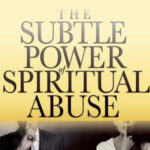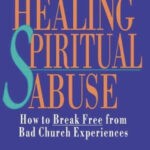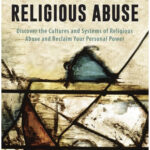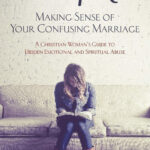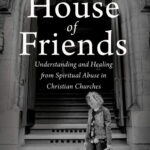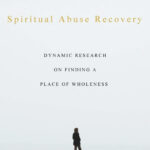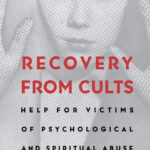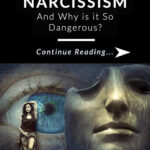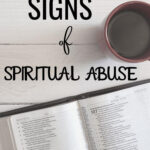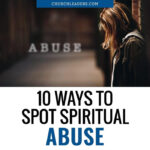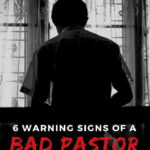There are many different types of domestic abuse, one is spiritual (or religious) abuse. Most examples of spiritual abuse refer to a church elder or faith leader inflicting abuse on congregation members, often by creating a toxic culture within the church or group by shaming or controlling members using the power of their position. However, spiritual abuse can also occur within an intimate partner relationship.
Spiritual abuse is not limited to a certain religion or denomination. Any individual, of any belief is capable of perpetrating spiritual abuse, just as anyone can be a victim of domestic abuse.
Signs a partner is spiritually abusive, may include:
• Using their partner’s religion or spiritual beliefs to manipulate or shame them.
• Forces the children to be raised in a faith that the other partner has not agreed to.
• Preventing a partner from practicing their own religious/spiritual beliefs.
• Ridicules or insults a partners religious/spiritual beliefs.
• Uses religious texts or beliefs to minimize or rationalise abusive behaviors (physical, emotional, financial, sexual abuse/marital rape).

